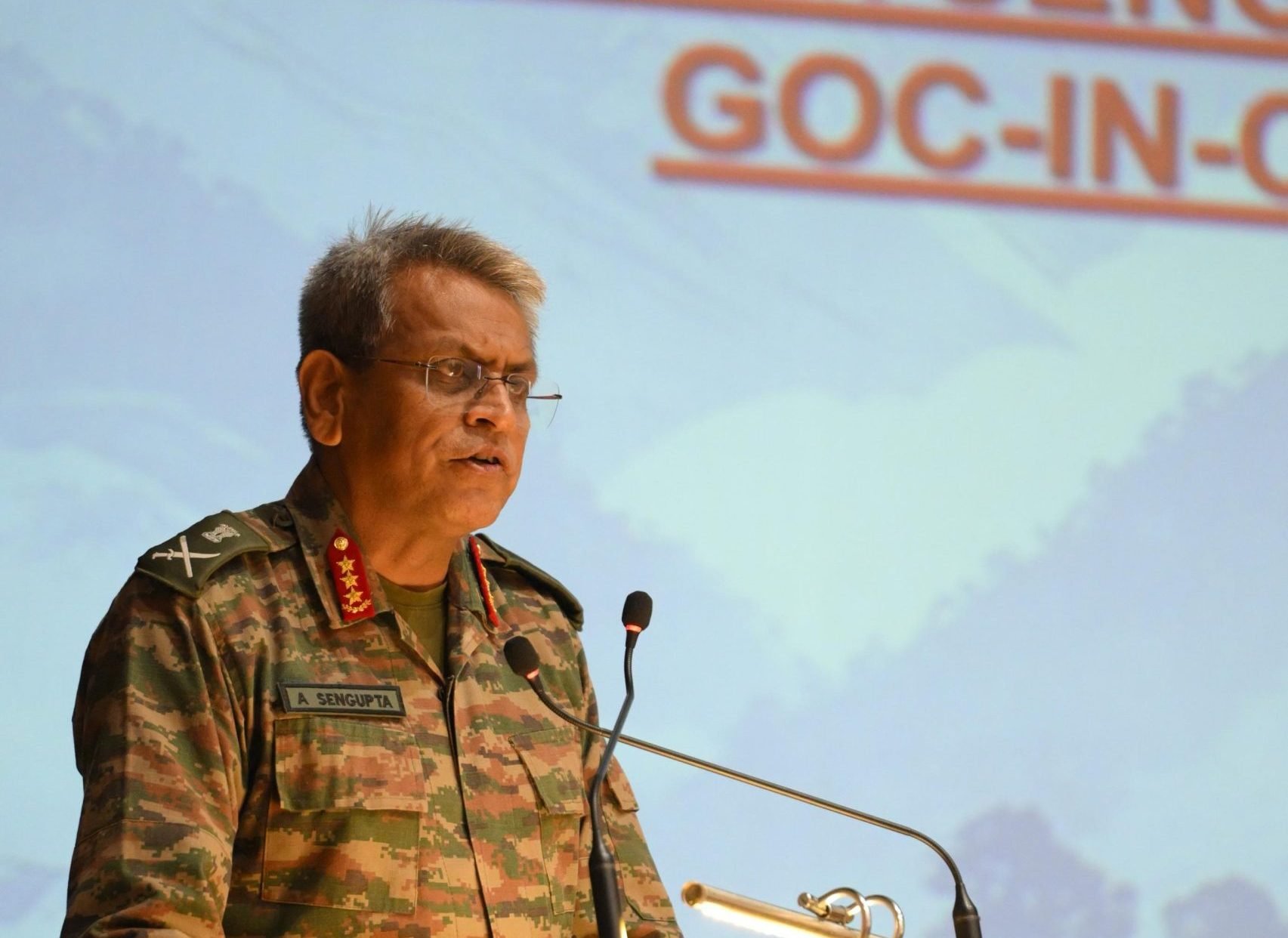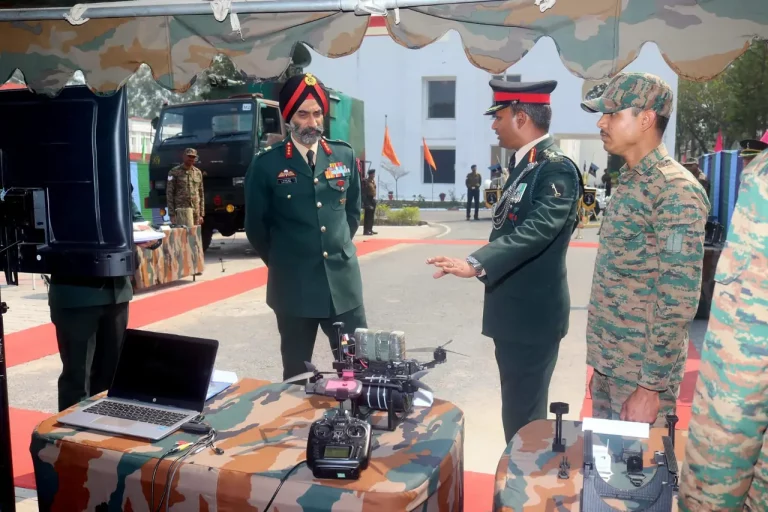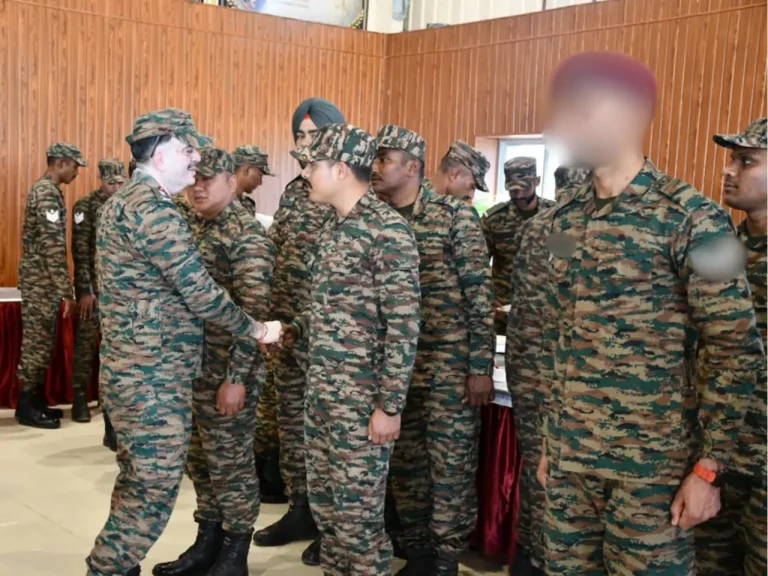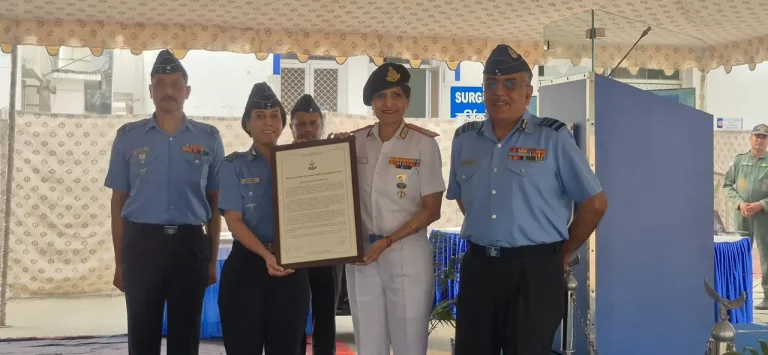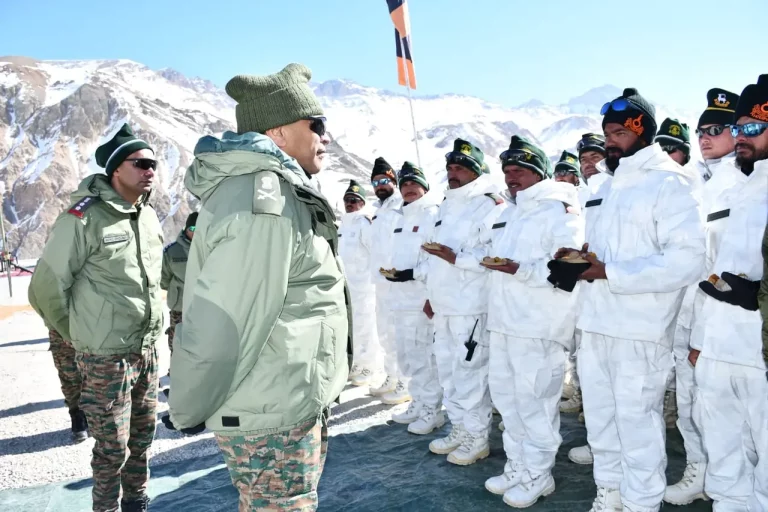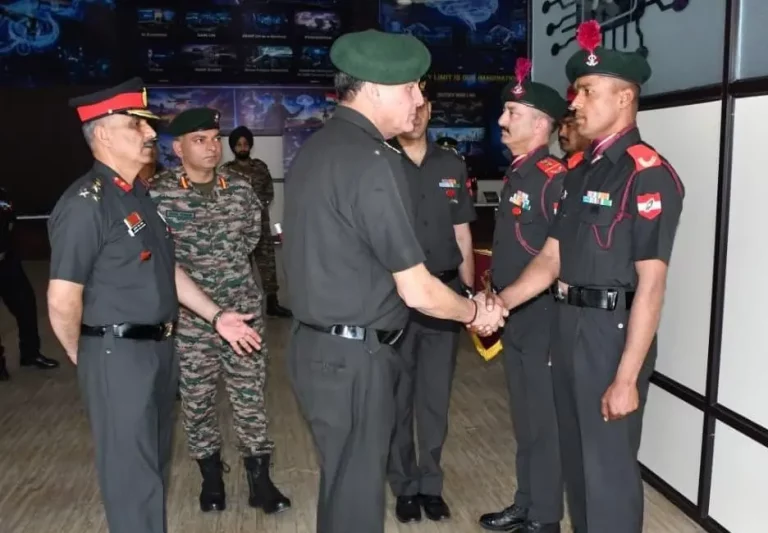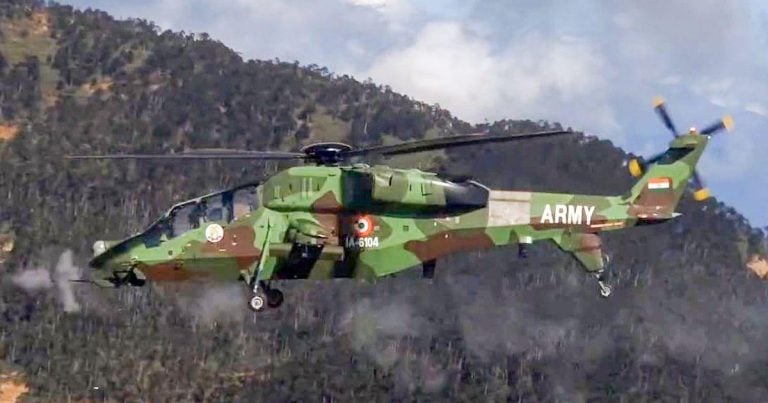In a significant gathering aimed at bolstering cultural ties and enhancing border security, the Indian Army’s Central Command hosted a seminar titled “Interwoven Roots: Shared Indo-Tibetan Heritage” at the DANFE Hall in Shimla. The event, convened at the headquarters of the Army Training Command, attracted a diverse audience of senior military officials, diplomats, and scholars, who engaged in discussions around the historical and strategic links between India and Tibet.
Lieutenant General Anindya Sengupta, the General Officer Commanding-in-Chief of the Central Command, opened the seminar with a compelling keynote address. Drawing from his extensive experience, including his previous leadership of the Fire & Fury Corps in Ladakh, he articulated the dual nature of Indo-Tibetan relationships—emphasizing their cultural significance alongside their strategic implications for contemporary policies surrounding border management and regional stability. Gen Sengupta urged participants to revisit historical connections as a guide for future policies in these sensitive areas.
The day-long seminar featured various sessions addressing themes such as civilizational ties, border infrastructure development, and community engagement initiatives. Attendees benefited from insights gained during pre-seminar visits to significant locations including Shipki La, Lepcha, Tabo, and Kaza. These visits aligned with recent government announcements regarding new border tourism initiatives, which aim to enhance connectivity and economic activity in the region. A key infrastructure project discussed was the Wangtu–Atargu–Mud–Bhaba road, poised to reduce travel time between Shimla and Kaza by nearly 100 kilometers, thereby advancing both civilian mobility and military logistics.
Closing the seminar, Lt Gen DG Misra, the General Officer Commanding of the Uttar Bharat Area, expressed optimism about the integration of cultural preservation within the national security framework. His remarks were complemented by contributions from renowned Tibetologist Claude Arpi, who emphasized the importance of civilizational values in shaping India’s policymaking in the Himalayas. He proposed actionable steps to bolster cultural diplomacy within the region.
Key recommendations emerged during the discussions, advocating for the revival of Indo-Tibetan cultural exchanges, enhanced archaeological exploration in trans-Himalayan regions, and the digitization of historical records. There were also calls to promote endangered Himalayan dialects and to improve the reach of All India Radio in border areas. Additionally, attendees proposed facilitating access to traditional pilgrimage routes, such as the Kailash Mansarovar Yatra, which hold significant cultural and spiritual importance.
This seminar marks a pivotal moment in the Indian Army’s evolving strategic outlook, intertwining military readiness with a broader historical perspective and community involvement. The focus on shared heritage and necessary infrastructure development highlights India’s commitment to securing its Himalayan frontiers while simultaneously fostering regional harmony and understanding.
